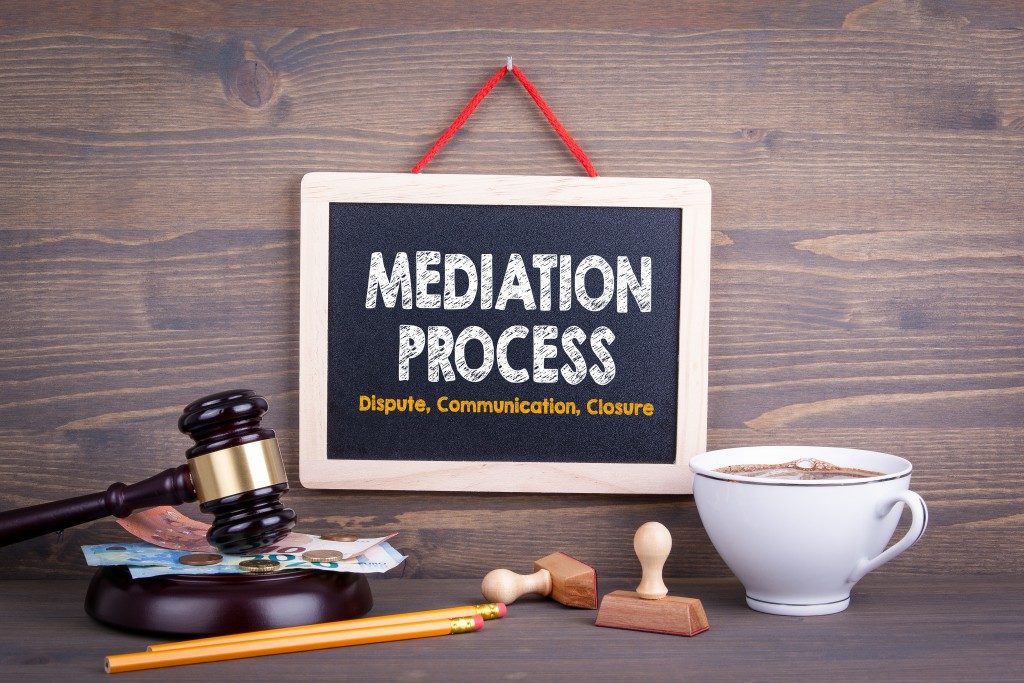Renting a home has become an ideal option for several families across the globe. In fact, in the U.S. alone, more households have been renting since the Great Depression in the 1960s. The number of families renting their homes in America reached nearly 37% in 2016. This is equivalent to 43.3 million households, according to the Pew Research Center.
What are the benefits of renting?
The rising number of renters can be attributed to the many advantages of renting. These include:
- Cheaper, fixed monthly payments
- Wide access to amenities, especially in condominiums and exclusive rent properties
- More flexibility in terms of location
- No real estate taxes and property liabilities
- Little to no maintenance and repair costs
Tenants versus Landlords: Who takes care of what?
 Every rental contract between property lessors and aspiring residents comes with a set of rules, responsibilities, and expectations. However, oftentimes both parties are unsure of their duties and what they should be accountable for, especially when it comes to home maintenance. Fortunately, here is a breakdown of some major responsibilities of both tenants and landlords:
Every rental contract between property lessors and aspiring residents comes with a set of rules, responsibilities, and expectations. However, oftentimes both parties are unsure of their duties and what they should be accountable for, especially when it comes to home maintenance. Fortunately, here is a breakdown of some major responsibilities of both tenants and landlords:
-
Obtaining health and building permits from the local community
Landlords: Property owners are responsible for acquiring the required health permits and building codes from local authorities. They must ensure that such requirements are fulfilled before the residents move in.
Tenants: Tenants are responsible for reporting any mishaps that involve sanitation and structural integrity to the landlords for proper handling of such issues.
-
Maintenance of utilities like water, heat, and electricity
Landlords: Landlords are responsible for ensuring that the vital utilities in the property like water, heat, and electricity are working properly. They are also responsible for repairing and maintaining these systems, especially if they stop functioning accordingly. However, property owners must inform the tenants regarding the amount of time for doing repairs to manage expectations and avoid any extra inconvenience.
Tenants: As the regular users of these utilities, tenants are responsible for using these systems properly and report immediately any issues they will encounter to prevent further damage. The rental contract can also indicate the tenant’s responsibilities in maintaining the functions of these systems, like replacing the air filter and preventing clogs in pipes. However, if any of these systems break down due to the tenant’s negligence, then the tenant will be responsible for the damages. Tenants can seek the legal advice of property damage insurance lawyers to handle such cases.
-
Pest control and toxins management
Landlords: Any visible mold or pests in the rented unit due to leaks or water damage must be handled and eliminated by the landlord. Government laws require landlords to warn their tenants of the presence of any harmful substances like lead paints, asbestos, and other toxins. They must immediately address the issues and conduct regular maintenance to prevent any possible health dangers to the tenant.
Tenants: Tenants are responsible for reporting any pest or toxin presence in the residential area to the landlord throughout their stay. However, if the visible molds and pests developed due to negligence or failure to maintain the tenant’s cleanliness, then the tenant will be held responsible.
-
Waste management
Landlords: Landlords can include waste management rules in their lease terms to keep the property clean and well-sanitated. Property owners must orient the tenant regarding proper waste disposal in the building, such as where to dump the trash, the schedule of picking up the garbage from the units, among others.
Tenants: It is the tenant’s responsibility to properly dispose of their trash according to the building or residential development rules. The tenant can be fined by the landlord or even the building administrator if they fail to observe proper waste management.
-
Property security and safety
Landlords: Property owners are required to install safety features like smoke detectors, fire alarms, fire extinguishers, emergency lights, etc., and replace them whenever necessary. Landlords are also obliged by state laws to change the apartments’ locks so that new tenants are assured that they are the only ones who hold the key for the unit. Tenants can legally request to change the locks in their apartments if the landlords fail to do so before they move in.
Tenants: Tenants are responsible for keeping the safety features in good condition and reporting any issues they might encounter. Tenants can also be instructed under the rental contract to replace the batteries or to test these safety systems regularly to make sure that they are working appropriately.
Every renting experience is different. However, establishing responsibilities and expectations early on can make a powerful difference in maintaining a harmonious lessor-and-lessee relationship in the long run.



